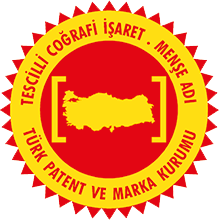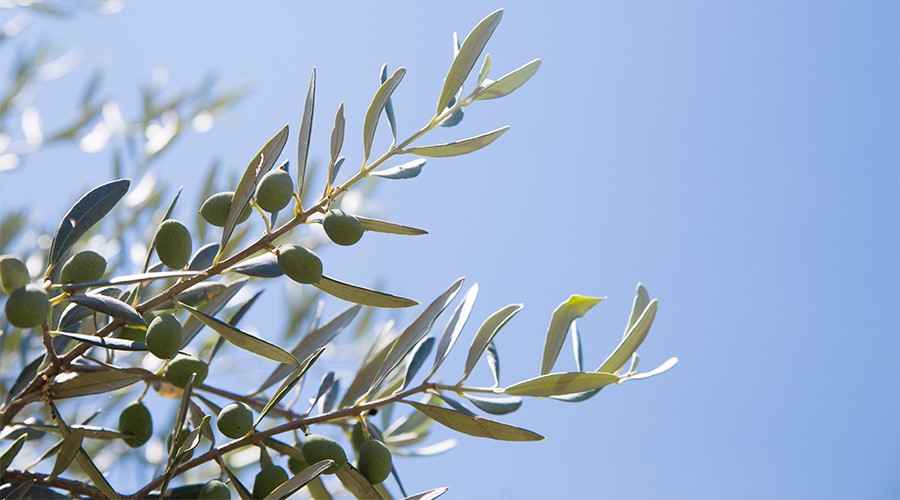Today, consumers are becoming more aware of how products are produced. The quality of products, their environmental impact, and the sustainability of the production process significantly influence consumers’ shopping decisions. Olive oil is one of the most important products, considered almost a magical elixir for health and beauty, creating a bond between civilizations, cultures, and continents for centuries. So, how is this valuable product produced? In this blog post, we will explain how we at Niz Olive approach olive oil production and the role of sustainable agriculture practices in this process.
How is Olive Oil Produced?
Olive oil production is a complex and delicate process. Each stage must be meticulously planned and carefully implemented. Olive trees typically need between five and ten years before they begin to bear fruit. During this period, regular care is required to support the growth and health of the trees.
Olive harvesting generally occurs in the autumn and winter months, right at the peak of the olives’ ripening process. After harvest, the olives are rapidly processed. At this stage, the olives are first washed and then separated from their pits. Next, the olives are pressed, and their oil is extracted. The pressing process maximizes olive oil production while preserving the aroma and nutritional values of the olives.
Finally, the oil is usually separated from the olive pulp using a centrifuge. This process ensures the oil remains pure and clean. The resulting olive oil is then stored and put up for sale.
Why Are Sustainable Agriculture Practices Important?
Sustainable agriculture is based on the principles of conserving natural resources and reducing environmental impacts. These practices are important for preserving the health of nature and leaving a better world for future generations.
Sustainable agriculture reduces environmental footprint while increasing agricultural productivity and product quality. For example, practices such as efficient water use and using natural fertilizers instead of chemical ones both reduce the environmental impact of agriculture and increase soil productivity.
Furthermore, sustainable agriculture increases food security and the agricultural resilience of communities. The agricultural sector must adopt sustainable practices and progress in this direction to cope with global challenges such as climate change and diminishing natural resources.
Niz Olive’s Sustainable Agriculture Practices
At Niz Olive, we have fully embraced sustainable agriculture practices. We use drip irrigation systems on our farmland to ensure efficient water use. We carefully carry out seasonal maintenance of our olive trees. In addition, we protect soil health and biodiversity by using organic matter and natural fertilizers instead of chemical ones.
We improve our energy efficiency and reduce our environmental footprint by investing in renewable energy sources for factory processing procedures. This also makes our olive oil production process more efficient. Additionally, we adopt waste minimization and recycling practices in our olive harvest and olive oil production process, reducing our waste quantity and ensuring more efficient use of resources.
Contributions of Olive Oil Production to Society and Economy
Olive oil production is not just a product creation process; it also forms a community and contributes to economic development. This sector of agriculture supports many different individuals and families, creating job opportunities and strengthening local economies. Sustainable approaches used in the production process require thinking from a broad perspective, including social and economic dimensions.
Olive oil production is often carried out by local businesses. These local enterprises are a vital source of employment that revitalizes regional communities. A wide range of employment is provided at various stages, from farmers to workers, from technicians to scientists, during the maintenance of olive gardens, their harvest, and the production of oil. At this point, olive directly contributes to local economies and enhances the social and economic well-being of communities.
At Niz Olive, we focus our business model entirely on empowering local communities and helping them achieve sustainable development goals. We continue our work to encourage and spread sustainable olive oil production and to provide permanent and sustainable income sources for people living in rural areas. In this way, we both support economic development and contribute to improving the living standards of local communities.
In conclusion, olive oil production and sustainable agricultural practices combine environmental protection and economic development. This winning approach matters for olive oil producers, consumers, and most importantly, our planet and future generations. We at Niz Olive are proud to embrace this broad perspective, and we invite you to join us on this journey!



